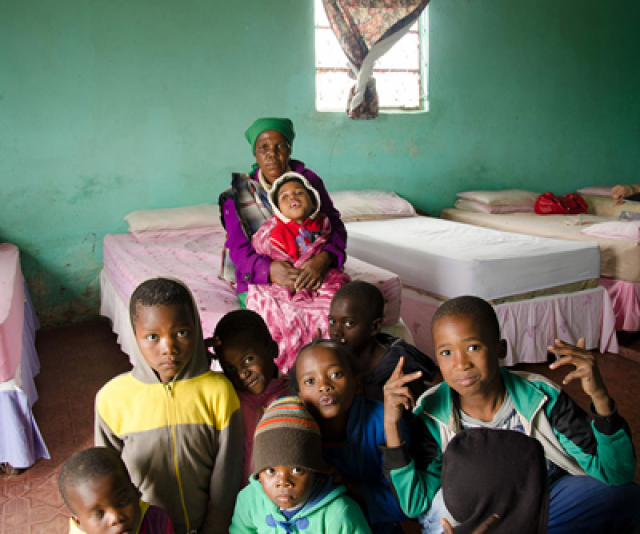
By Iliya Kure
Social grants continue to alleviate poverty for most South African households, Statistics South Africa (Stats SA) said on Thursday.
“There is a lot of other evidence that suggests that social grants have significantly contributed towards alleviating poverty and when we look at the patterns in household food security, we do think it does relate to the grants, among other things,” said Stats SA’s Chief Director of Social Statistics, Dr Isabelle Schmidt.
Schmidt was speaking at a media briefing on the findings of the 2017 General Household Survey (GHS) in Tshwane.
The GHS is an annual household survey that has been conducted by Stats SA since 2002. The survey is aimed at determining the progress of development in the country.
The 2017 survey — which was conducted from January to December 2017 — found that the percentage of individuals that benefited from social grants increased from 12.8% in 2003 to 30.8% in 2017. The percentage of households that received at least one social grant rose from 30.8% in 2003 to 43.8% in 2017. The report also found that one third of black Africans (33.8%) received a social grant compared to 29.3% of coloureds and 14.5% of Indians.
The Eastern Cape had the highest number of beneficiaries at 41.8%, followed by Limpopo at 40.1%.
Food security, access to education
When coming to food security, the report found that the number of households that were vulnerable to hunger decreased from 2002’s 24.2% to 10.4% in 2017.
Food access problems were the most common in North West, where 36% of households had inadequate food access, noted the report that sampled about 21 225 households.
The report found that 21.8% of individuals cited not having money as the reason they were not attending any educational institution, while, 18.9% fell out because of poor academic performance.
In December 2017, former President Jacob Zuma announced that government would in 2018 introduce fully subsidised free higher education and training for poor and working class South African undergraduate students in their first year of study at public universities.
The attendance of no-fee schools has seen a sharp increase in the last decade. The percentage of learners aged five years and older, who attended schools where no tuition fees were levied, rose from 0.4% in 2002 to 66% in 2017.
Healthcare
The majority of households, at 71.2%, said they first go to public clinics and other public institutions. The number of households who had access to medical aid rose marginally from 15.9% to 16.9%, with Gauteng (at 25%) and the Western Cape (at 24.8%) having the highest percentage of medical aid coverage.
“During this time, the number of individuals who were covered by a medical aid scheme increased from 7.3 to 9.5 million persons,” said the report.
Schmidt said this had a tendency of going up and down slightly on an annual basis.
The report found that over 81% of South Africans were satisfied with public healthcare but that the North West, the Western Cape and the Free State had dissatisfaction ratings higher than the average.
The GHS covers key areas including education, food security, household access to services and facilities, among others. The questionnaire will be reviewed by Stats SA
https://www.africaprimenews.com/2018/04/03/business/south-africa-sars-collects-r1-216-trillion-in-tax-in-2017-18-financial-year/